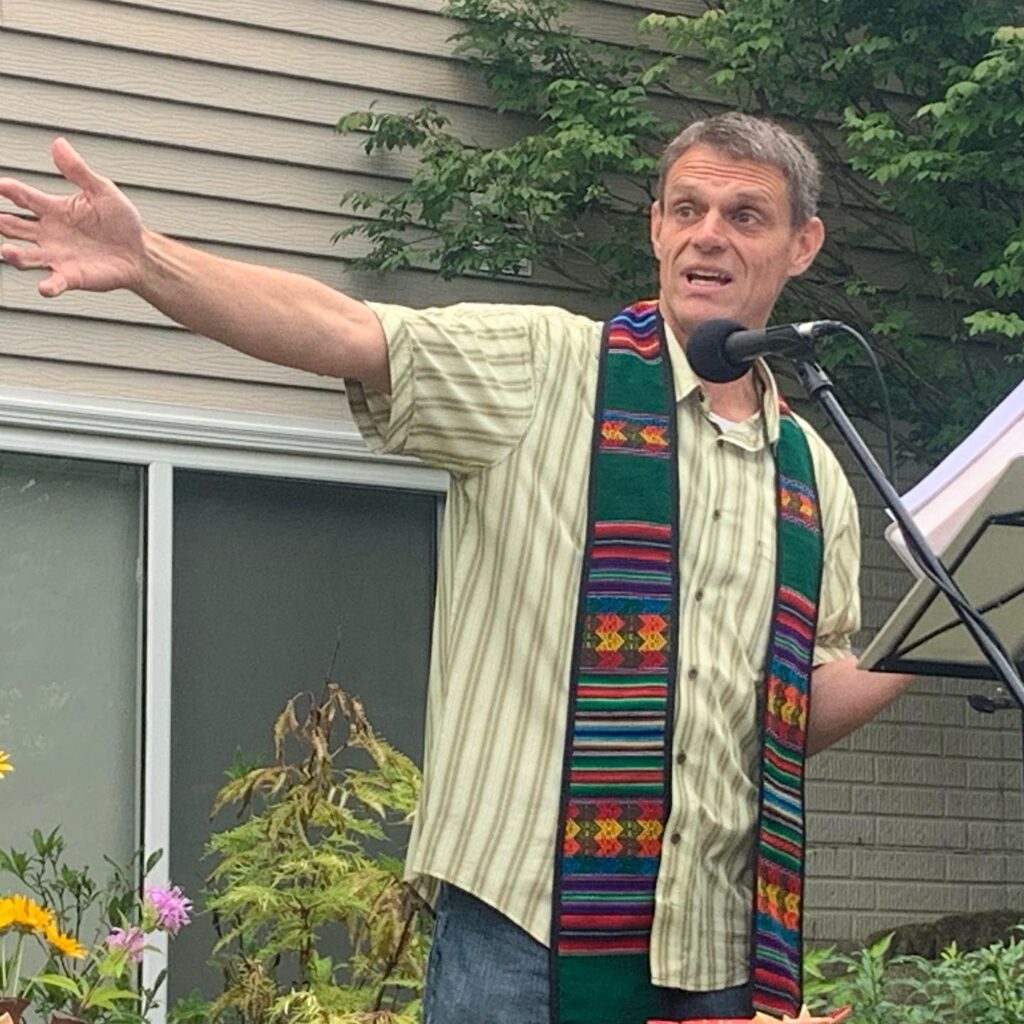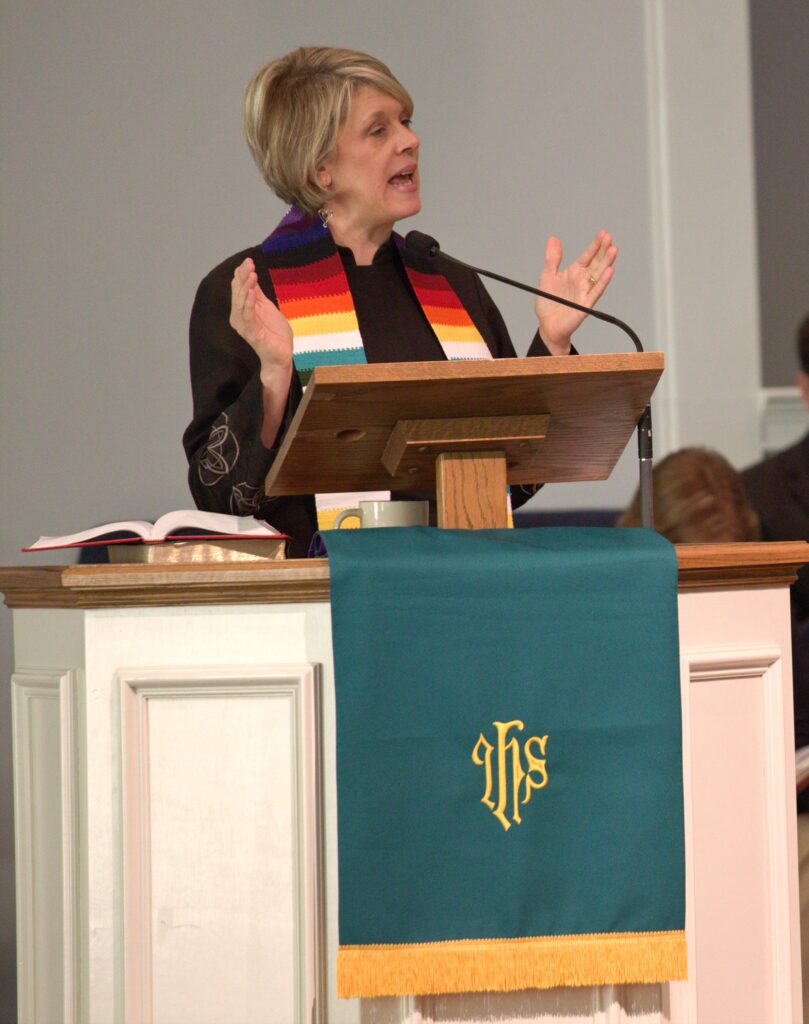That’ll Preach!

We are living in a climate changed world and the impacts are increasing in frequency and severity. Climate change intersects with and impacts everything we care about, from our health and food security to the economy and racism.
Holy Scriptures remind us that the earth is sacred, (Psalm 24, Colossians 1.15-20, Genesis 1) and we are called by God to care for it. While creation care and justice should be the main focus of several sermons several times a year, there is never a sermon where creation should not be present. People of faith want their leaders to lead on climate, and to help them know what they can do. In addition, helping our people make the connection between their faith and creation care deepens their faith and brings vitality to the congregation.
Good preaching is centered in the heart, not the head. While solid exegesis and research are an important part of the process and should guide our sermon writing, that information is rarely captivating to the listener.

Start this work by taking time to recall moments of awe that you have had in the natural world, times that you were overwhelmed by the beauty of the earth and felt deeply connected to life and to God. Think about places that have particular importance to you: a childhood backyard, woods, mountains, or streams. Think about animals throughout your life that have been important to you: pets, farm animals, or wild animals that you have encountered. Think about weather events, a storm you were caught in, snow you played in, or flying kites on a windy day. Recall creation memories and take note of the beauty and mystery that is creation now, including the details: colors, sounds, smells, textures, temperature, and tastes. This recalling and sharing positively impacts our spirits, invites our congregation to remember with us, and moves us all to protect and care.
Scripture is full of creation that is sometimes central to the story, and other times provides background that brings us into the story. Trees, the desert, the sea, the mountains, and animals sometimes play important roles. Food is central to many important stories. Bring the congregation to enter the story through climbing the mountain, the warmth of the sun, or crusty bread.
A good sermon is developed over days, not hours. Start with your text, do your exegetical work, and consider all the ways creation is present in the passage. Think about what is happening in the world and where climate intersects with the topics. Do your research including what actions need to be taken for justice and wholeness to be achieved. All along the way, pay attention to your feelings. Get your thoughts on paper and then set it aside for a day or more. Pay attention because the Divine will speak to you through a song, a news story, a conversation, a memory, or new experience even when you are not actively writing. When possible, spend some time in nature and look for and listen to the holy as you contemplate your sermon. Write and then preach your sermon from your heart. The goal is transformation of the preacher and the hearer that leads to a different way of living.
For more climate education and support, take the free, on-demand Blessed Tomorrow’s Climate Ambassador Training for Clergy. When you complete the training, you will be invited to join a clergy climate cohort for ongoing engagement and support.
About the Author:
Rev. Carol Devine, Blessed Tomorrow Director
Additional Resources:
Register to Join the National Faith + Climate Forum
Watch the American Climate Leadership Awards 2024
Register to Watch the 2024 American Climate Leadership Awards for High School Students
Join the Campaign: One Home One Future
Mental Health and Our Changing Climate: Children and Youth Report 2023
